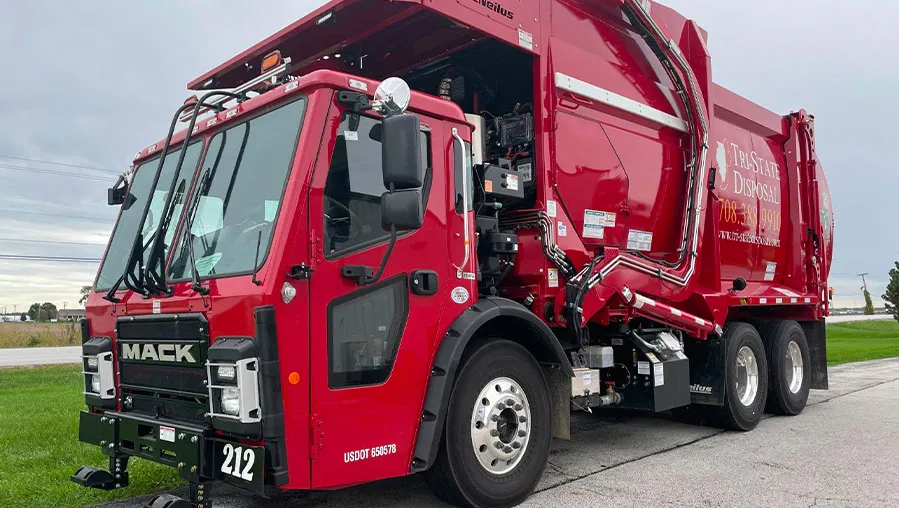 Summer break is almost over, the kids are headed back to school, and you have a long list of supplies you have to buy. Before you rush out to the stores for back-to-school shopping, check out our list of tips to reduce waste, reuse school supplies, and recycle what you don’t need.
Summer break is almost over, the kids are headed back to school, and you have a long list of supplies you have to buy. Before you rush out to the stores for back-to-school shopping, check out our list of tips to reduce waste, reuse school supplies, and recycle what you don’t need.
Reduce
Try to avoid plastic. This ranges from the plastic material used to package your supplies to the plastic used to make your supplies. Check out local stationery stores and book stores. They often sell high-quality loose office supplies. Instead of buying plastic 3-ring binders, you can purchase cardboard ones instead. They are available online at various merchant websites, including Office Depot.
The average school-age child generates 67 pounds of waste from lunch each school year. That’s over 20,000 pounds annually for a school of just 300 kids. Help your kids pack zero-waste lunches in reusable containers to reduce the expense and waste of prepackaged snacks, meals, and drinks.
Upgrade from disposables to healthy, zero-waste lunch options this year. Opt for a reusable bag or lunchbox, reusable water or juice bottle, cloth napkins, silverware and glass or metal food containers – even little baggies to replace disposable bags like Ziploc bags. If your kids buy lunch, they can still bring their own napkin and silverware to cut down on waste.
It may seem like a lot of money to invest in some reusable gear, but in the long run you’ll save over single-use and single-serving-size items. To save money, you can reuse containers from the grocery store like jars, plastic yogurt tubs, lunch meat containers, etc.
Reuse
Check what you already have in stock at home, and plan accordingly. Go through all of the school supplies from last year and see if you can reuse any of them. A partially used box of crayons will work just as well as a brand-new box. Reuse what you have, and then buy new when you run out. Before buying packs of loose paper, sort through old notebooks and tear out the unused pages.
If you buy new, buy quality items that will last so you can reuse them for years to follow. For example, a nice pair of stainless steel scissors, a metal ruler, a metal lunch box, or a backpack with a lifetime warranty. A wooden or metal ruler will outlast a thin plastic one, highlighter pencils will never dry out, and some folders are much sturdier than others.
Quick Tip: You can remove marker from binders and glossy folders with a swipe of alcohol. Good as new!
Recycle
Buy recycled and recyclable products. Resale shops such as Goodwill now have office and school supply sections. If you find supplies at home that you are not going to reuse, try organizing a school supply swap with local families. It could be the start of a fun annual tradition. They might have what you need, and vice versa.
School supplies use the earth’s resources: trees, water, energy, etc. When shopping new, make an effort to look for recycled content paper products – the difference in appearance is virtually unnoticeable. If you are going to buy supplies made of plastic you can find pens and mechanical pencils made from recycled plastic. There are pencils made from newsprint, too. TerraCycle offers plastic-free recycled binders.



